As the demand for renewable energy continues to increase globally, individuals and corporations are increasingly focusing on energy storage systems. They balance electric grids and ensure continuous power availability. They provide backup power during outages and integrate renewable energy sources into the grid. This guide helps you select the ideal energy storage system for your specific needs. It covers the different technologies, capacities, and costs for various applications. It focuses on lithium-ion batteries, pumped hydro, and concentrating solar energy solutions.
Energy storage systems play an essential role in enhancing the reliability and flexibility of the power grid. These systems store excess electricity when it is not needed. They release this stored electricity when demand is high. This helps to balance the supply and demand for electricity. They are crucial not only for managing clean energy but also for providing backup power during outages. Energy storage can help renewable electricity, such as solar and wind, become more reliable on the grid.
Now that we understand why battery energy storage systems are crucial, let’s examine how they work in detail. A battery system typically consists of three main components:
The power conversion system ensures that it converts to the correct voltage and frequency. The control system manages the flow of electricity, ensuring optimal utilization and managing charging and discharging cycles.
The following section discusses some key benefits of selecting the right energy storage systems.
With the right battery energy storage system from Amp Nova, you can optimize your energy consumption like you did before. We design our systems to store excess energy during off-peak hours and release it when demand is high. This allows you to reduce your reliance on the grid during peak times, ultimately lowering your energy costs.
Investing in a battery energy storage system can provide you with greater energy independence. By storing energy, you can reduce your reliance on the grid and reduce your vulnerability to power outages. With reliable and efficient systems, you can have peace of mind knowing that you have a backup power source whenever you need it.
Power outages can be costly and disruptive. With a battery energy storage system, you can increase the reliability of your power supply. During an outage, your system will seamlessly switch to battery power. It ensures that your essential appliances and devices continue to function correctly. This added layer of reliability can be invaluable in both residential and commercial settings.
At eINDUSTRIFY, we understand the importance of simplicity and efficiency. That’s why our battery energy storage systems are designed for easy installation and operation. Our experts will guide you through the entire process. Ensuring that you have a hassle-free experience from start to finish.
Several technologies can be used for storing energy, each with its own set of advantages and ideal use cases:
Lithium-ion batteries are the most popular type of energy storage system, particularly for residential and commercial backup power applications. They are prized for their high efficiency and energy density, which makes them suitable for high-power applications.
This is one of the oldest and most mature forms of energy storage. Pumped hydro systems store energy by moving water uphill and releasing it downhill to generate power through turbines. These systems are well-suited for large-scale energy storage and are predominant across the United States. Because they can produce a significant amount of power for an extended period, batteries are ideal for storing energy and maintaining grid stability.
CSP systems concentrate on solar energy using mirrors or lenses to produce heat, which is then used to generate electricity. Some CSP systems include thermal storage, which stores heat in materials such as molten salts. You can convert stored thermal energy to electricity. Even when the sun is not shining, it provides a reliable and dispatchable renewable electricity source.
Selecting the proper energy storage solution involves considering several factors:
Determine the amount of energy you need to store and the power you require. For instance, battery storage might be adequate for a home solar system, but larger setups, such as electric grids, may require more robust solutions, like pumped hydro.
Consider how long you need to store energy. Batteries provide energy for short durations, making them ideal for daily use. Pumped hydro can store energy for longer periods, making it suitable for backup power during prolonged outages.
The upfront cost and the long-term operational costs of different energy storage systems can vary significantly. Lithium-ion batteries may have higher initial costs. However, they are cheaper to maintain compared to technologies like pumped hydro, which require significant infrastructure and ongoing maintenance.
Some energy storage solutions are more scalable than others. Lithium-ion batteries can be easily scaled by adding more battery units. In comparison, scaling up a pumped hydro facility involves much more complex and costly infrastructure development.
Consider the environmental footprint of the energy storage system. While lithium-ion batteries are relatively clean, they require the mining of metals like lithium, which has environmental impacts. Pumped hydro, although primarily utilizing natural elements, can impact local ecosystems due to the large-scale water management involved.
Energy storage systems must comply with local regulations, which can vary significantly, especially across different states in the United States. Additionally, some markets offer incentives for installing certain types of renewable energy storage systems, which can influence your choice.
The global Battery Energy Storage Systems market is projected to grow from USD 5.4 billion in 2023 to approximately USD 56.2 billion by 2033, with a compound annual growth rate (CAGR) of 26.4% over the forecast period. This rapid growth will be fueled by a growing market for reliable power solutions in sectors such as medical, telecom, marine, and data centers.
Choosing the right energy storage system involves carefully evaluating your energy needs, storage duration, budget, scalability options, and environmental concerns. Ensure your choice aligns with both your immediate and future energy needs, whether you're using lithium-ion batteries for home solar, pumped hydro for large-scale storage, or solar power for consistent electricity. As we transition to more sustainable energy practices, energy storage is essential for enhancing the reliability, efficiency, and environmental friendliness of our electric grids and renewable energy systems.
Partnering with eINDUSTRIFY for your energy storage needs guarantees that you’re investing in expertise and tailor-made solutions. We cater specifically to your active requirements and help you seamlessly integrate energy storage systems into your infrastructure. Choose eINDUSTRIFY as your trusted partner to not only meet but exceed expectations, driving your operations forward with effective and sustainable energy storage. Reach us by email at info@eindustrify.com or call +1 (888) 774 7632 to register for access to a premium global marketplace.
1. What factors should I consider when choosing an energy storage system?
When selecting an energy storage system, consider your energy needs, available energy sources, storage capacity, storage duration, and expected lifespan.
2. What are the different types of energy storage systems available?
There are various energy storage systems, including batteries, pumped hydro storage, flywheels, compressed air energy storage, and thermal storage.
3. How do I determine the storage capacity I need for my energy storage system?
To set the storage capacity needed, consider your average energy consumption, peak energy demands, and the duration for which you need to store energy.
4. What are the benefits of using a battery storage system compared to other types of storage?
Battery storage systems, especially lithium-ion batteries, are popular due to their high energy density, efficiency, scalability, and relatively fast response times.
5. How can eINDUSTRIFY help you as the right energy storage system for your needs?
Partnering with eINDUSTRIFY for your energy storage needs ensures expertise and customized solutions tailored to your unique operating requirements.
Tags: Energy Storage Battery Storage Renewable Energy Power Backup Energy Efficiency Grid Storage Lithium-Ion Batteries Solar Storage
RECENT POSTS:
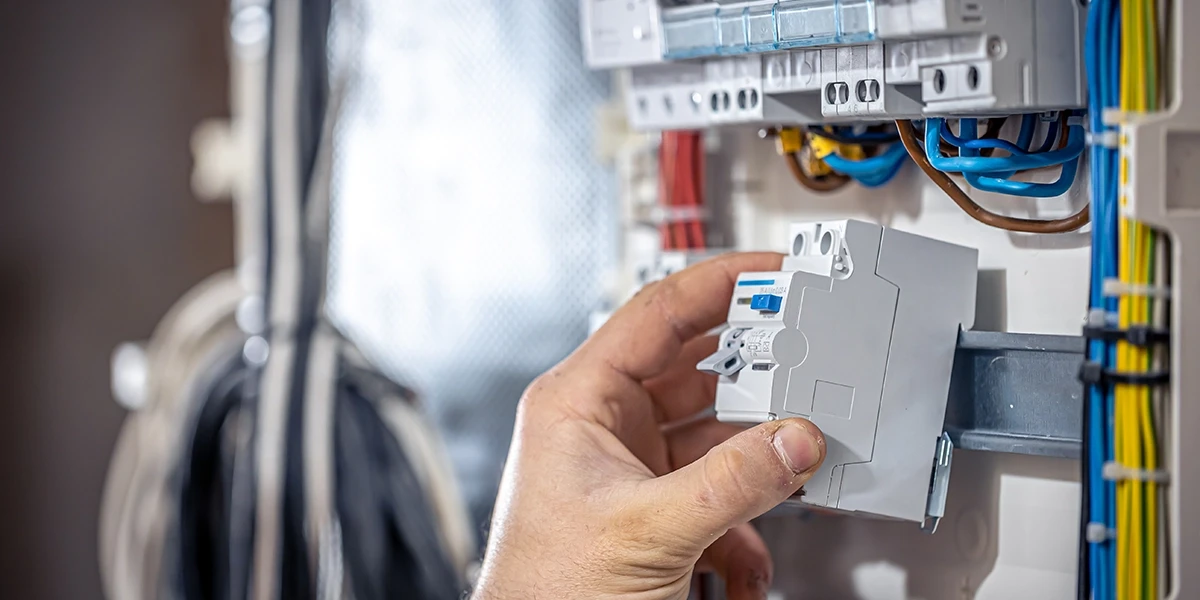
How Industrial Circuit Breakers Are Critical for Power Generation Safety
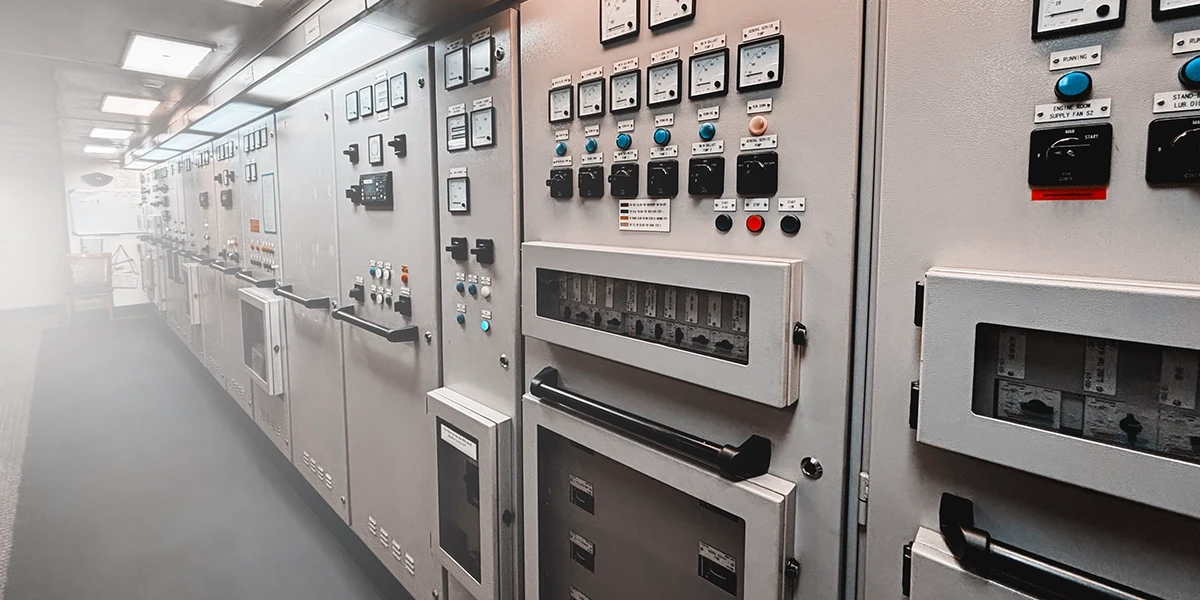
Essential Power Distribution Panels for Optimizing Your Industrial Setup
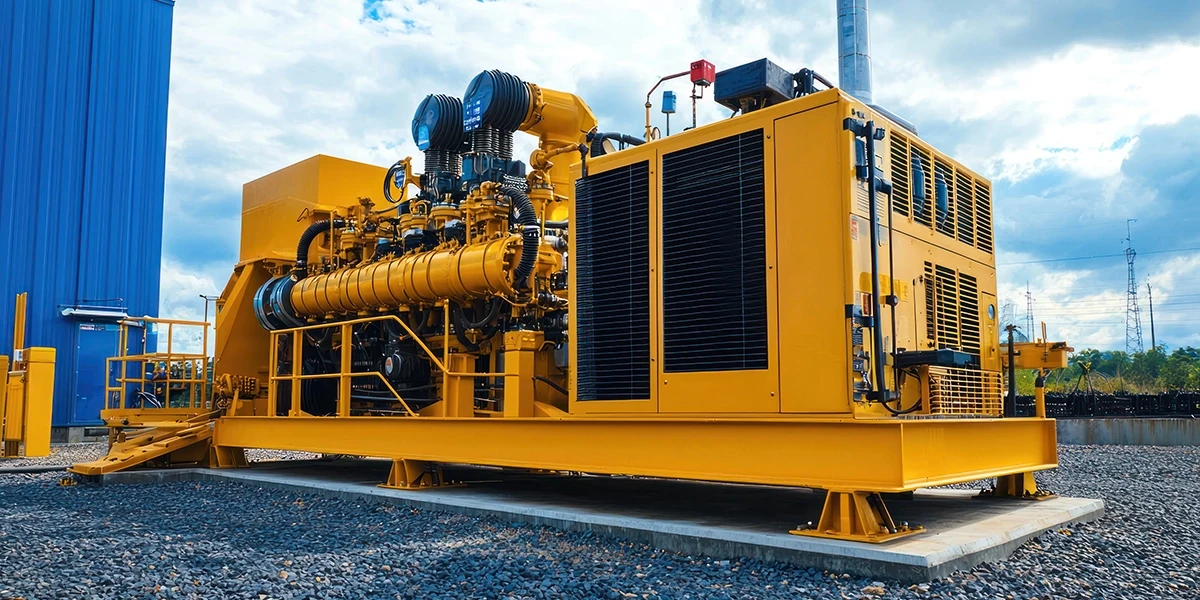
Top 5 Generator Protection Devices for Reliable Power Generation
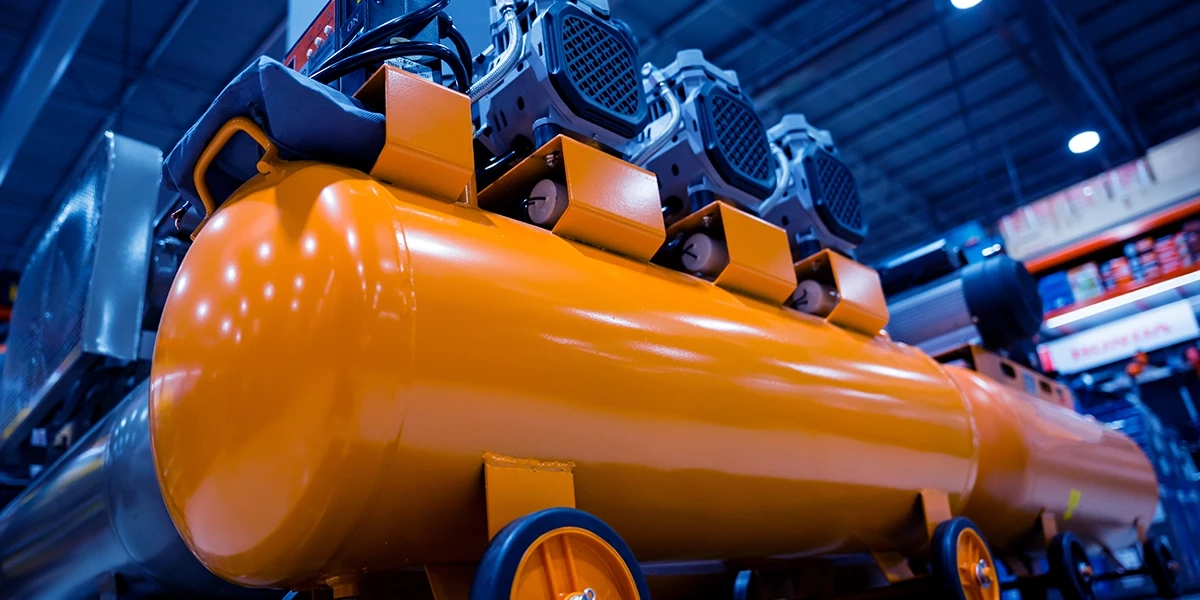
How to Choose the Right Industrial Air Compressor for Your Facility
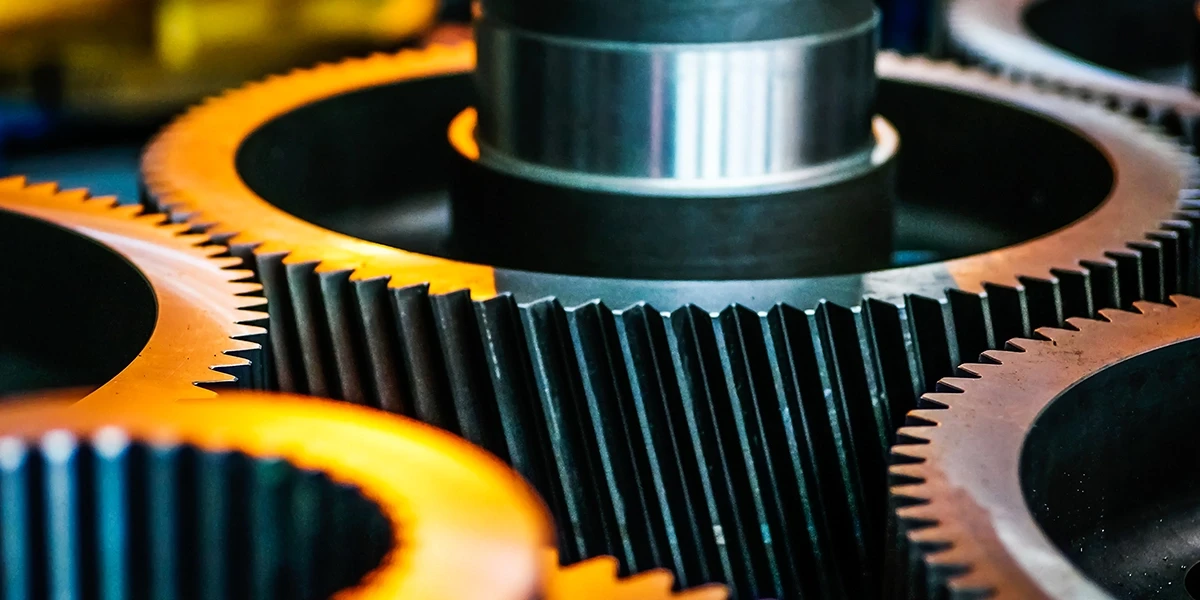
Choosing the Right Global Power Transmission Equipment
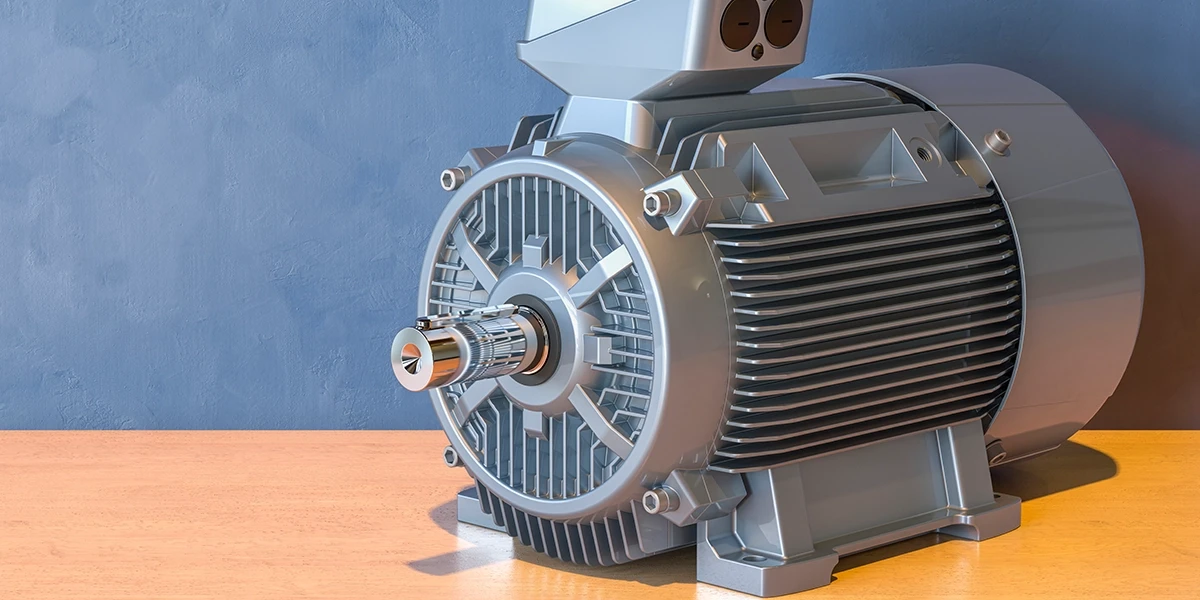
Top DC Motors for Industrial Automation
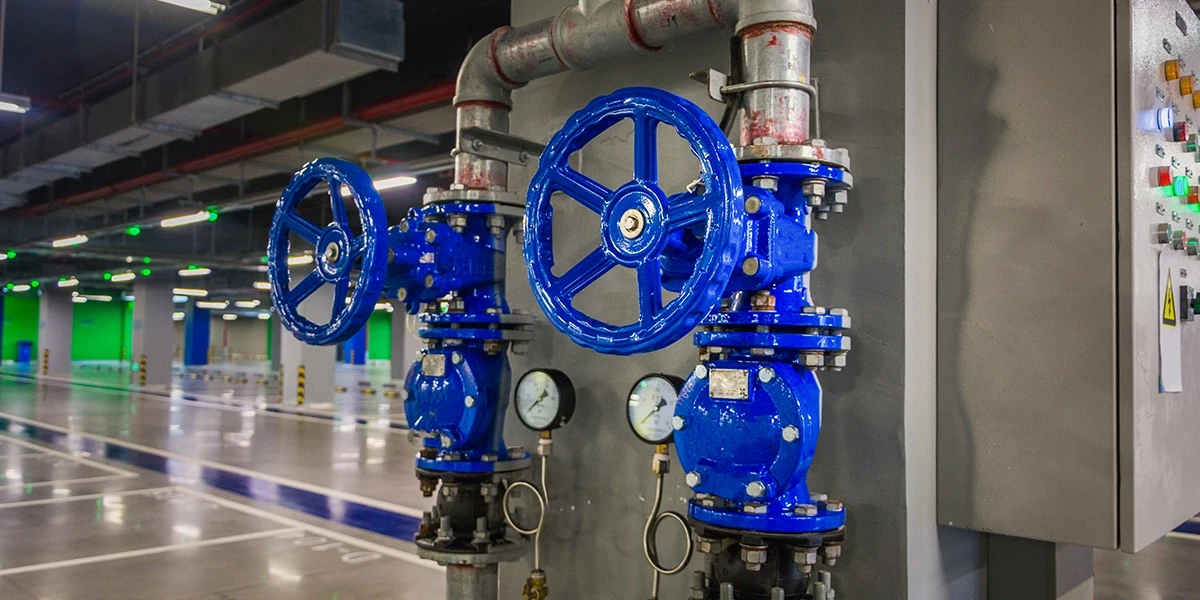
How to Select the Right Control Valves for Your System
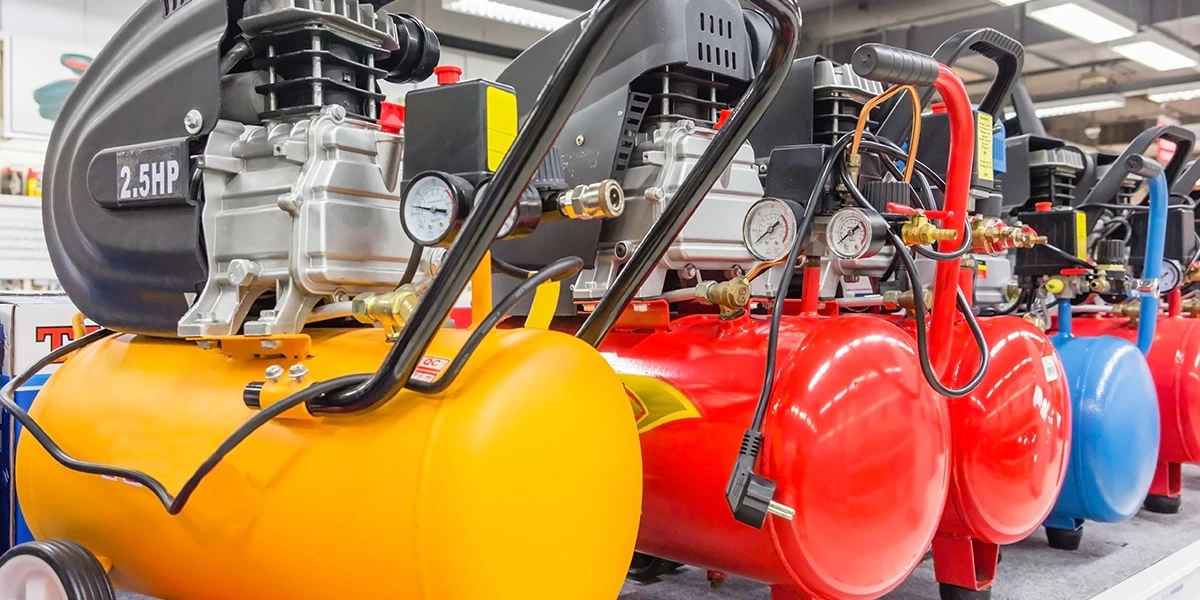
Air Compressors for Sale: Compare Models, Brands, Features